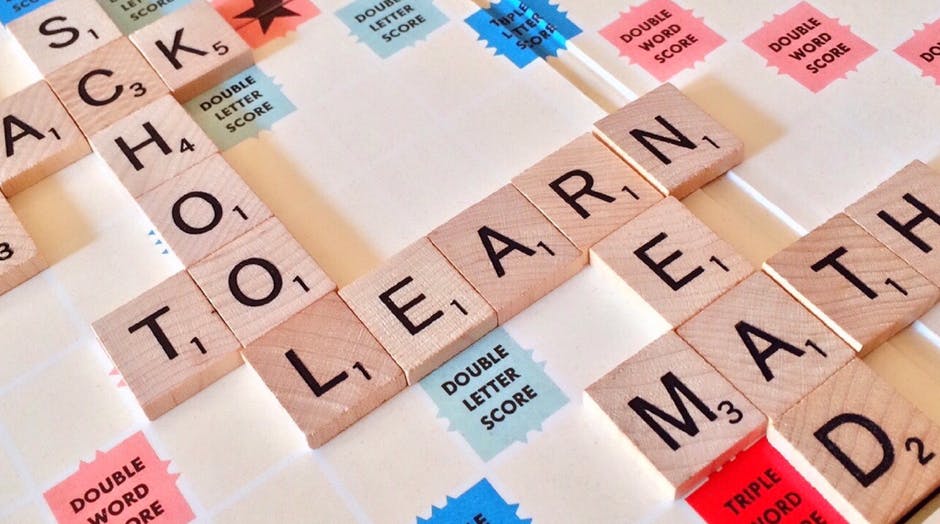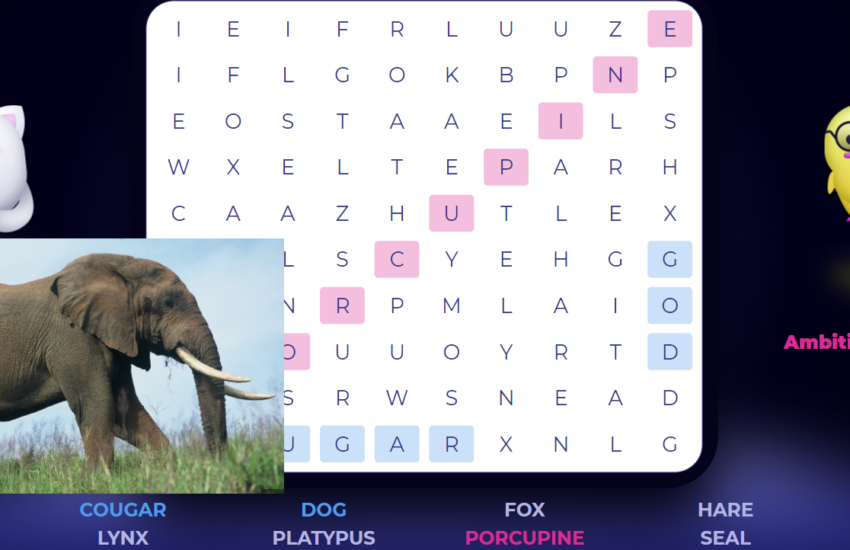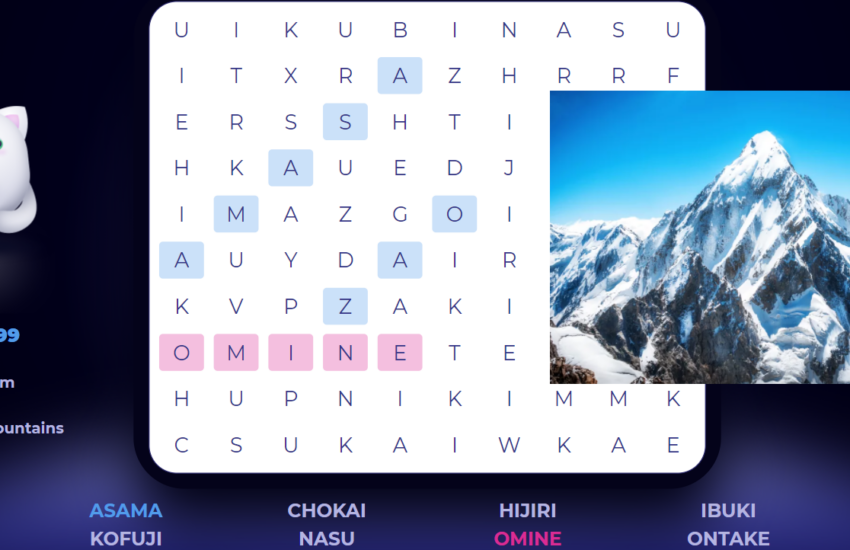7 Benefits of Playing Word Search Puzzles for Children
Do you want your children to have fun while learning? Do you want them to discover new words? Want to show your kids how to spell better? Word search puzzles offer a great way to help your kids learn words and have fun at the same time.
Help your children develop better spelling, learn tricky words, get more confidence, and develop their memory skills. Introduce word search puzzles to your play with your kids and see how they quickly improve these things and more.
There are many benefits to word search puzzles for kids. To give you a better sense of their importance, here are seven great reasons your children should start having fun with word searches.
1. Improve Spelling
Word search puzzles are great for kids to learn how to spell. They are a good way for children to practice spelling because the words are easier for them to see. The clues help them establish memory links for how words are spelled.
Word games also show children how to spell new words. Anagrams give them the letters and let them practice putting the letters in the right order.
Word search puzzles show kids the words, so they let them find the words. This means they get reinforcement of spelling. They are great ways for a child to confirm they know how to spell something.
2. Problem Solving
There are problem-solving aspects to word search puzzles. For younger children, learning to look for words up and down, side to side, or diagonally makes them look for words in unfamiliar patterns. This searching creates a problem for children to solve and develops that skill without them truly knowing that’s what they’re doing.
As they learn to spot different words, they are learning to solve a problem. This is a skill they can use in different situations.
3. Increase Vocabulary
Increasing vocabulary is another benefit of children doing word search puzzles. They may not know every word in a search but searching for unknown words will develop their vocabulary as they complete the searches.
If they don’t know a word they find, help them learn it by using a dictionary or looking it up. They’ll be pleased they found the word and more encouraged to learn the definition and understand it.
The more word searches your child does, the more words they will be introduced to and the larger their vocabulary will become.
4. Develop Memory
Even word search puzzles can develop a child’s memory. They don’t work the same way as a crossword puzzle, for example, but as they find new words they will start to recall them more often.
The act of searching for new words and identifying them lets a child store that new word in their mind. They will pull that word from memory more often and more quickly.
This is especially true if you work with them. As they find an unfamiliar word, help them use it in a sentence. This will cement the word in their memory and they will use it in the right context the next time.
5. Increase Processing Speed
Any word game can help a child increase their processing speed. This means they will see a problem and find a solution quicker.
The test of word search puzzles is to locate and identify a word within a puzzle of letters. The eye-to-brain processing speed is increased as they learn to look for letter patterns.
If you want to add a competitive aspect to your child’s learning, put a time limit on the search. This aspect will also improve processing speed, comprehension, and cognition because the child will want to work more quickly to “win” the game.
6. Test Prep
Many tests that your child takes at school will involve spelling and vocabulary. They will often have a timed aspect as well.
Your children likely won’t be taking word search puzzles as tests at school. But the skills they learn, especially in terms of identifying words, will help them in other tests they take.
As your children become quicker and more adept at word identification, they will improve their ability to comprehend words and terms in tests. The speed aspect that you add when they’re taking tests makes them more prepared for the pressure of a timed test at school.
7. Develop Self-Esteem
Finding words in word search puzzles improves how a child views themselves. They enjoy the fact that they are succeeding when they find a new word in the game. Small “victories” like this make children feel better about themselves.
Setting children the challenge of finding all the words in the puzzle creates a goal for them to work towards. When they achieve the goal, it is an identifiable success. These successes develop reward recognition in a child and show them how it feels when they succeed.
The confidence children get from finding all the words boost self-esteem creates a happier child. It also means they will be more likely to take on new challenges with less fear.
Give Your Children Word Search Puzzles
As you can see, giving your kids word search puzzles to complete comes with a lot of benefits. They will develop skills they can use at school.
From developing vocabulary to improving spelling skills and gaining confidence, word search puzzles offer your child the possibility to succeed as they learn. The puzzles are also things you can work on together, thus offering you, as parents, the chance to help your child develop.
To find some great word search puzzles, visit our website. We’ve got daily word searches for all different age ranges. Play online or download or print the puzzles.


